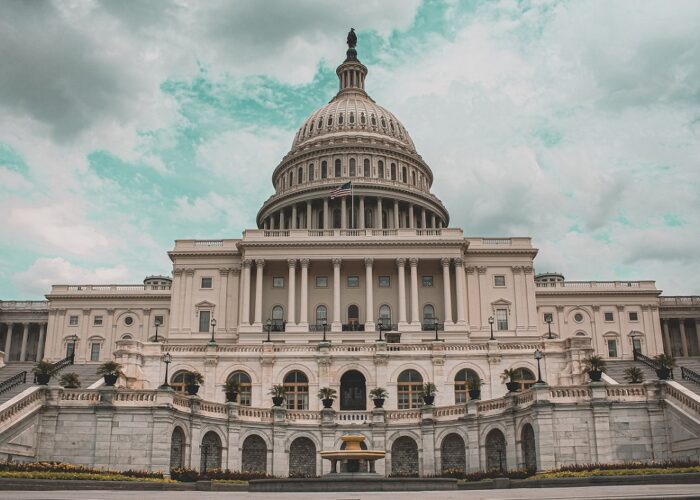
Massachusetts’ Republican governor Charlie Baker has signed a significant climate bill that will bolster the growth of renewables project in the state and put limits of fossil fuel use.
Signed on Thursday, the bill was first approved by the state legislature on 31 July before being signed by the governor. It comes just before the US House of Representatives is expected to pass the US’ landmark climate package – the Inflation Reduction Act – with major implications for the energy industry in the US.
Unlock unlimited access for 12 whole months of distinctive global analysis
Photovoltaics International is now included.
- Regular insight and analysis of the industry’s biggest developments
- In-depth interviews with the industry’s leading figures
- Unlimited digital access to the PV Tech Power journal catalogue
- Unlimited digital access to the Photovoltaics International journal catalogue
- Access to more than 1,000 technical papers
- Discounts on Solar Media’s portfolio of events, in-person and virtual
The programme contains incentives for ground-mounted solar PV installations which are “pollinator-friendly” as well as offer rebates that would reduce the cost to comply with such environmental requisites. It also supports the creation of a commission to investigate and make recommendations that remove barriers for the growth of agrivoltaic projects in Massachusetts.
It also allows up to 10 municipalities to require new buildings to use clean power over fossil fuels, should they wish to pursue that strategy.
Moreover, the bill increases the rebate for buying and renting low carbon vehicles, such as EVs, to US$3,500 and offers an extra US$1,000 incentive for car owners who trade in their petrol-run cars. It also demands that all new vehicle sales be zero emission starting by 2035.
With the signature of the bill, it will fast-forward the necessary upgrades for the grid in order to sustain the growth of renewable energy as well as promote the use of energy storage, in various forms, to avoid curtailments.
Ben Hellerstein, state director for Environment Massachusetts, said the bill was a “bid deal” and added: “It will accelerate our transition to renewable sources of electricity like wind and solar. And it will allow up to 10 cities and towns to require new buildings to include clean, all-electric heating and appliances, paving the way to safer, healthier homes and businesses for all of us.”
A fifth of all electricity consumption comes from solar power in Massachusetts, with almost 4GW of installed capacity as of Q1 2022, according to data from the Solar Energy Industries Association (SEIA).
After signing the bill, governor Baker tweeted: “Addressing climate change requires bold, urgent action. I am proud to have supported the Commonwealth’s leadership on these critical issues to preserve our climate and our communities for future generations.”
This article was amended on 15 August to remove reference to an expansion of the size of residential solar systems eligible for net metering under the bill. This part of the bill was removed by an amendment filed by 31 July.







